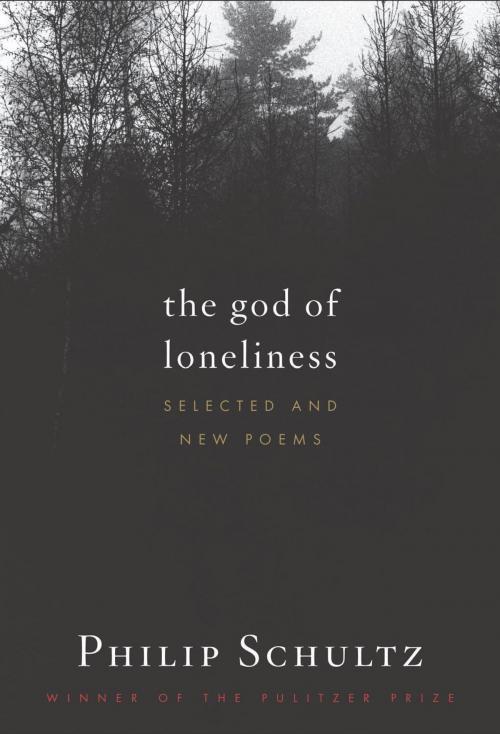| Author: | Philip Schultz | ISBN: | 9780547487342 |
| Publisher: | HMH Books | Publication: | April 8, 2010 |
| Imprint: | Houghton Mifflin Harcourt | Language: | English |
| Author: | Philip Schultz |
| ISBN: | 9780547487342 |
| Publisher: | HMH Books |
| Publication: | April 8, 2010 |
| Imprint: | Houghton Mifflin Harcourt |
| Language: | English |
Philip Schultz, winner of the 2008 Pulitzer Prize for poetry, has been celebrated for his singular vision of the American immigrant experience and Jewish identity, his alternately fierce and tender portrayal of family life, and his rich and riotous evocation of city streets. His poems have found enthusiastic audiences among readers of Garrison Keillor’s Writer’s Almanac, Slate, The New Yorker, and other publications. His willingness to face down the demons of failure and loss, in his previous book particularly, make him a poet for our times, a poet who can write “If I have to believe in something / I believe in despair.” Yet he remains oddly undaunted: “sometimes, late at night / we, my happiness and I, reminisce / lifelong antagonists / enjoying each other’s company.”
The God of Loneliness, a major collection of Schultz’s work, includes poems from his five books (Like Wings, Deep Within the Ravine, The Holy Worm of Praise, Living in the Past, Failure) and fourteen new poems. It is a volume to cherish, from “one of the least affected of American poets, and one of the fiercest” (Tony Hoagland), and it will be an essential addition to the history of American poetry.
Philip Schultz, winner of the 2008 Pulitzer Prize for poetry, has been celebrated for his singular vision of the American immigrant experience and Jewish identity, his alternately fierce and tender portrayal of family life, and his rich and riotous evocation of city streets. His poems have found enthusiastic audiences among readers of Garrison Keillor’s Writer’s Almanac, Slate, The New Yorker, and other publications. His willingness to face down the demons of failure and loss, in his previous book particularly, make him a poet for our times, a poet who can write “If I have to believe in something / I believe in despair.” Yet he remains oddly undaunted: “sometimes, late at night / we, my happiness and I, reminisce / lifelong antagonists / enjoying each other’s company.”
The God of Loneliness, a major collection of Schultz’s work, includes poems from his five books (Like Wings, Deep Within the Ravine, The Holy Worm of Praise, Living in the Past, Failure) and fourteen new poems. It is a volume to cherish, from “one of the least affected of American poets, and one of the fiercest” (Tony Hoagland), and it will be an essential addition to the history of American poetry.















